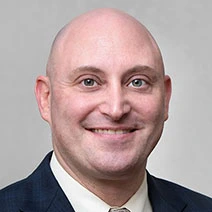New helmet is safer for hockey players
Harvard’s varsity hockey team has signed up to wear the new, $120 M11 hockey helmet.
Equipment maker Cascade Sports designed the helmet with one purpose in mind: saving brains. A study of former National Football League players, reported by Business Week, shows that players suffer dementia at a rate as much as 19 times higher than average.
The M11 is equipped with energy-absorbing pads that outperform conventional helmets by 26 percent in tests by Cascade. The pads make the helmet a little larger than standard models.
So far, no National Hockey League teams have adopted the M11, but some individual players have bought their own. The only problem they have with it is its slightly different appearance.
In his 25-year career, Hockey Hall of Famer Mark Messier says he had many concussions. He says, “They were “numbing, disorienting, a feeling of being totally out of it.”
Messier retired from NHL play in 2004 and now represents Cascade Sports. His marketing strategy is to persuade NHL players that brain health should trump vanity.
According to ThinkFirst Canada, research has found that 10 percent to 20 percent of teen hockey players may suffer a concussion each season.
Messier and the makers of the M11 hope their product will be used both in the youth market as well as in the NHL.


